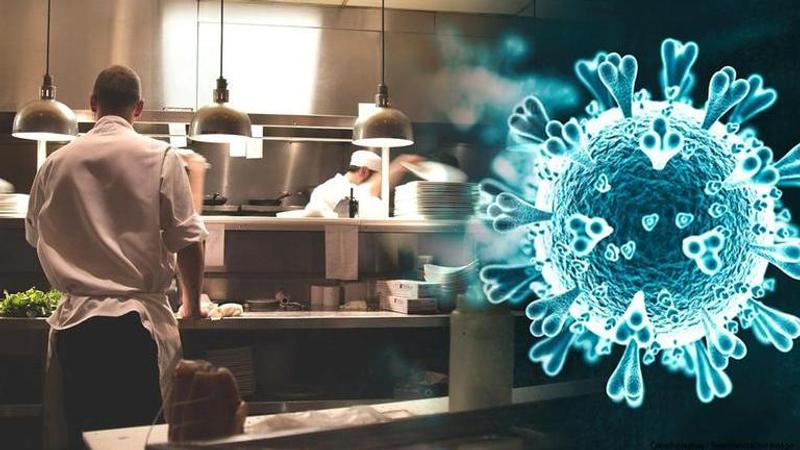Published 14:06 IST, November 12th 2020
COVID-19: Reopening of restaurants and gyms poses superspreader risk, says study
The reopening of gyms, restaurants and hotels carry the highest danger of spreading COVID-19, a recent study published in journal Nature has revealed.

The reopening of gyms, restaurants and hotels carry the highest danger of spreading COVID-19, a recent study published in journal Nature has revealed. As a part of the study, the researchers analyzed the movement data from 98 million people to model the risk of infections at different locations. The research comes a deadly virus has already infected 52,129,134 people and the contagion is still spreading fast.
The study was conducted by a team of researchers from Stanford University and Northwestern University, who collected data from 98 million people across US states between March and May to map the movement of people. They then looked at where they went, how long they stayed, how many others were there and what neighbourhoods they were visiting from. They then combined that information with data on the number of cases and how the virus spreads to create infection models.
Using these infection models, they then predicted the amount of infection if a particular public spot was reopened. For instance, they predicted that, if all restaurants in Chicago were reopened they would cause as many new infections, three times as many as with other categories. In addendum, the study also found that almost 10 per cent of locations examined accounted for 85 per cent of predicted infections.
Precautions and reopening strategies
The models produced in the study also suggested that full-blown lockdowns weren’t necessary to hold the virus at bay. But, precautions such as masks, social distancing and reduced capacity could all significantly help in controlling the pandemic. In addendum, the scientists also suggested conducting trial and error for choosing the reopening strategies.
“We need to be thinking about strategies for reopening the economy. This allows us to test different reopening scenarios and assess what that would mean for the spread of the virus," said Jure Leskovec, a Stanford University scientist and lead author of the paper.
Without virus mitigation measures, the paper predicted that a third of the population might get infected with the virus. With over 52 million infections, the virus is continuing to affect masses with many of the European countries going under lockdown.
Updated 14:04 IST, November 12th 2020




